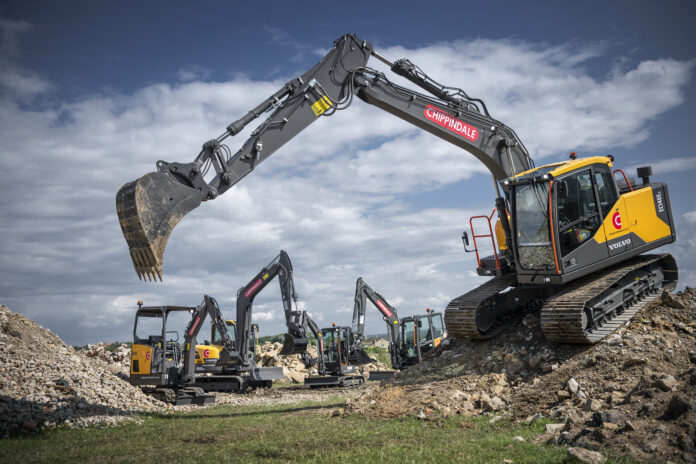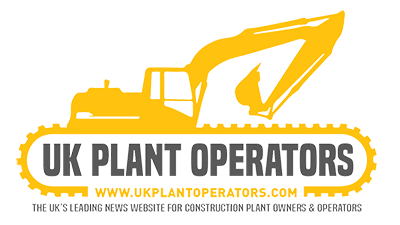
![]()
Ahead of the General Election, the Construction Plant-hire Association (CPA) has urged the next government to consider a range of priorities to ensure that the UK plant-hire sector remains a key part of the wider construction eco-system.
The CPA’s ‘Priorities for the Next Government’ document details a number of key issues that the Association urges the next government to consider, namely:
Reinforce business investment and future house building programmes
• Establish a credible timetable for the extension of the Full Expensing Allowance to every aspect of the construction plant-hire industry. When ‘fiscal conditions allow’ is too vague and undermines confidence in business investment decisions.
• Reforms to the planning system must be realistic and proportionate. Learning from past failures at both central and local levels are important if we are to build the future homes we need.
CPA Policy Manager Chris Cassley said: “The next government must recognise the role of construction in a growing and sustainable economy. These priorities are an essential part of ensuring plant-hire continues to grow and develop as the modern, innovative sector it is, with a highly motivated workforce and ambitious companies that are at the heart of UK construction.
“Issues such as skills, boosting the workforce, net zero and business investment, are all key areas impacting on our members and their day-to-day operations. The industry has made tremendous progress since the pandemic, and we look forward to working with the next government on building on these foundations in the coming years,” he continued.
Further priorities.
Decarbonisation of construction plant
• Have one single government department responsible for decarbonisation of construction plant. Current policies and roles are split between at least three government departments.
• Temporarily reintroduce the rebate for Hydrogenated Vegetable Oil (HVO) to the construction industry for at least the next two years.
• Develop a trial scrappage scheme for NRMM (Non-Road Mobile Machinery) businesses operating in Freeport zones, with a view to widening the scheme on a national basis.
• Publish the Low Carbon Fuels Strategy as soon as possible and develop a road map for the decarbonisation of NRMM.
Supporting the construction industry
• The position of construction minister must be solely dedicated to the sector and not split amongst a range of different ministerial responsibilities across different industrial sectors.
• The current approach by the police on abnormal loads and embargo times are having an adverse effect on the efficient movement of construction plant – especially mobile cranes. Some companies are facing an existential threat. The next government must get the Home Office and Department for Transport to work with the industry and police chief constables to outline concerns and ensure the current lack of flexibility amongst police forces, is addressed.
• Build on current work with the construction industry to grow the domestic skills base, improving both apprenticeship funding and retention rates amongst apprentices, while also making the industry an attractive career option for people already in the workforce. Realism is needed in recruiting from overseas, with the Migration Advisory Committee working with the construction sector in addressing current skills gaps.
The creation of Great British Railways must be a key legislative part of the King’s Speech, helping provide certainty for planning and business investment in the rail plant sector
• The legislative impasse on the creation of Great British Railways (GBR) must be resolved as soon as possible. A growing rail plant and rail maintenance industry is at the heart of a successful rail sector. The current delays have undermined progress, with the supply of future work bank visibility fragile.






















